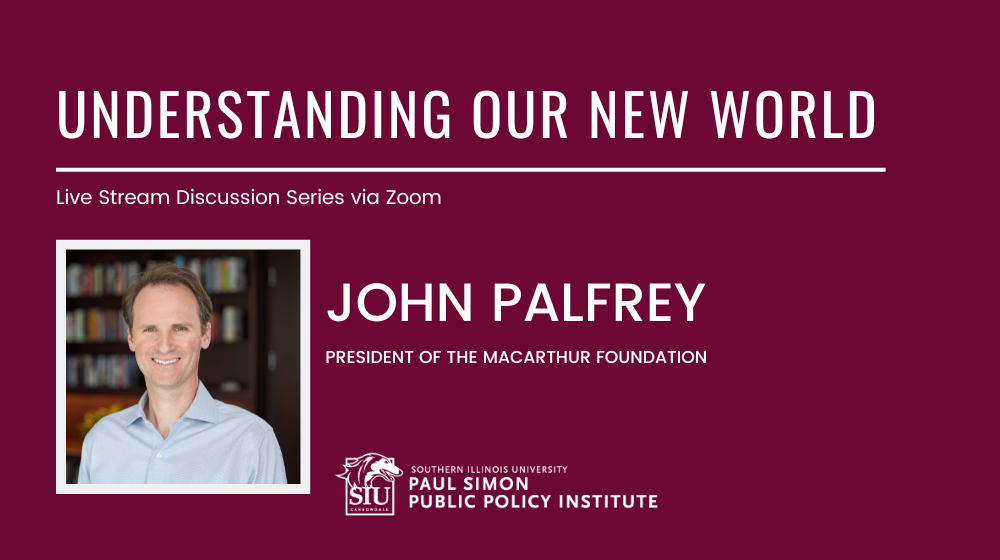When the National Health Service was founded in 1948, the then Health Secretary Aneurin Bevan optimistically argued that expenditure would fall over time, as the population grew healthier and technology advanced.
Within a few years this early optimism proved displaced, as improved public health and medical innovations led to a population living ever longer and with increasingly complicated demands on a health service originally designed to stop people dying from pneumonia and tuberculosis.
As once happened in the realm of physical illnesses and disease, there is now a similar process underway with psychiatry and mental health, with a vast increase in diagnoses of autism, ADHD and related disorders, and a health service designed for a time, only a few years ago, when the prevalence of these conditions was believed to be much rarer.
According to new NHS data, the number of patients waiting for an autism assessment in England is at its highest level since current records began in April 2019, with over 172,040 people on waiting lists, compared with just 32,220 in December 2019.
There is plenty of debate around the reasons for this increase in diagnoses, and many people with autism or ADHD report that Covid-era lockdowns exacerbated their symptoms, whilst providing others with a great deal more time for internet research and self-diagnosis.
There has also been a wave of high-profile adult diagnoses among various celebrities, with barely a week going by without a footballer, model, or MMA fighter talking about their experiences with autism, ADHD, or both.
In fact, a new report from the Nuffield Trust has found that there had been a 28% increase in drugs designed to treat ADHD prescribed to 10-14-year-olds — but a massive 146% increase in such prescriptions for 30-34-year-olds.
It is this huge increase in adult diagnoses that has the potential to cause division among people with these conditions, and to make the issue increasing politicised. While such diagnoses can be beneficial in helping high-functioning adults make better sense of their life, they are considerably more important for children with very severe manifestations of these conditions.
As there are more and more people going undiagnosed and failing to receive treatment and advice that could be vital to their health, education and well-being, there will be increased resentment from the parents and carers of those with more severe forms of these disorders towards those less obviously impacted by their condition.
For their part, many of those with milder forms — and this is especially for a certain kind of Left-wing social media user — resent the use of terms such as “severe” or “profound”, and therefore the implication that they do not truly have the same condition.
The rise in people being referred for and putting themselves forward for diagnosis shows no sign of abating, all while there is a clear shortage of medical professionals and resources to deal with such an increase. It appears, then, that the discourse around who “really” has autism or ADHD will grow increasingly rancorous.

Dr. Debi Johnson is a medical expert and health journalist dedicated to promoting well-being. With a background in medicine, she offers evidence-based insights into health trends and wellness practices. Beyond her reporting, Dr. Debi enjoys hiking, yoga, and empowering others to lead healthier lives.




/cdn.vox-cdn.com/uploads/chorus_asset/file/25429884/2024260145.jpg)


